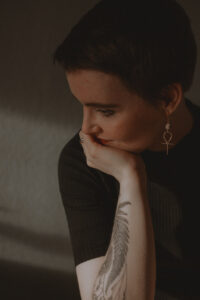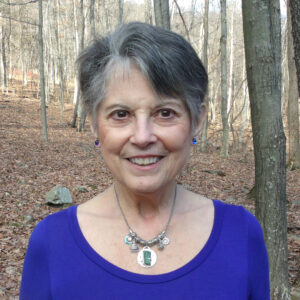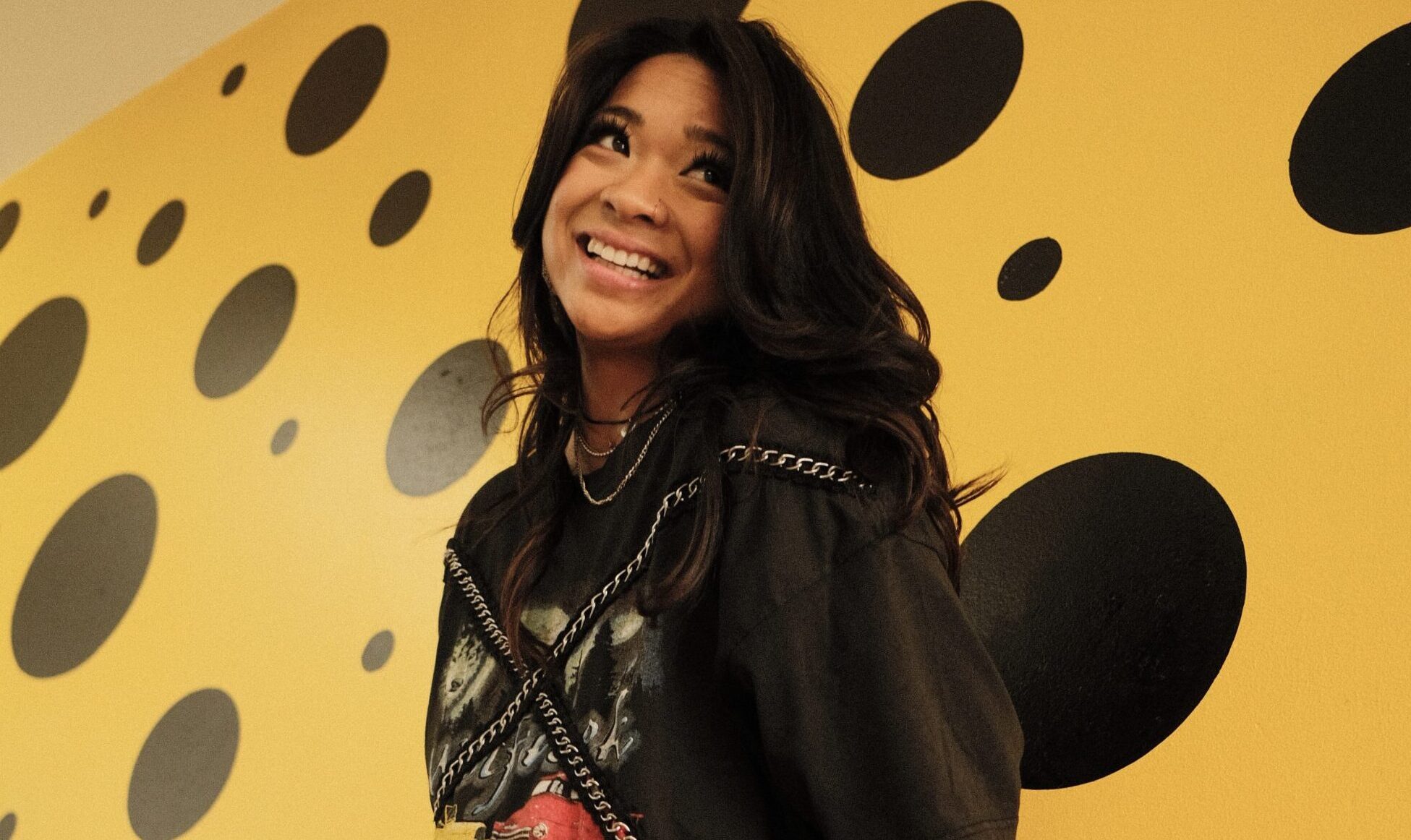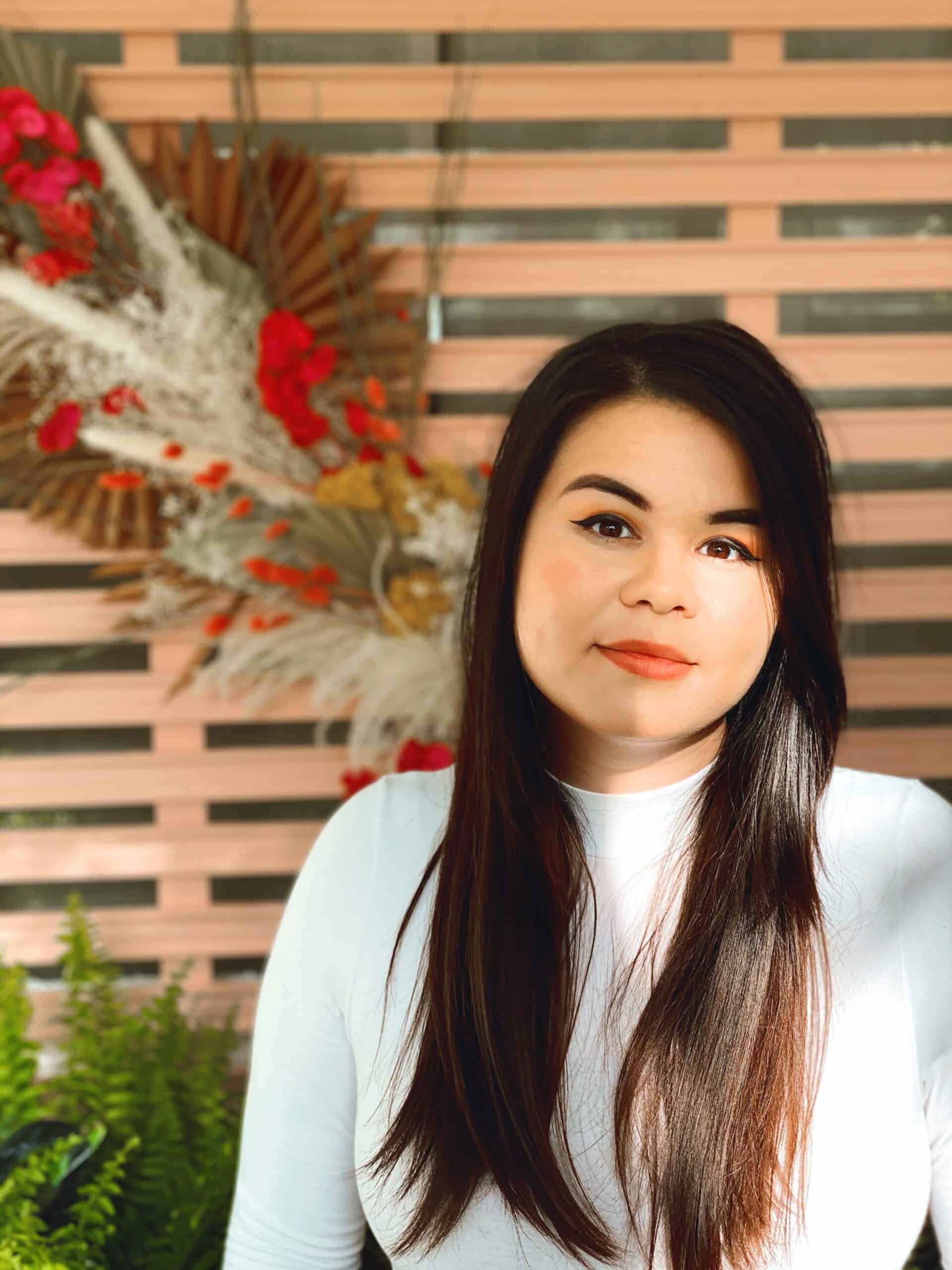In this engaging interview, we’ll journey with Katie Jamila, a rising author whose stories are filled with love, resilience, and self-discovery. From her childhood love for stories to the challenges of adulthood, Katie candidly shares her path from reader to published writer. Exploring her personal experiences and inspirations, Katie offers valuable insights into writing, overcoming self-doubt, and finding comfort in storytelling. Join us as we discover Katie’s journey and the meaningful messages woven into her books.
Can you tell us about your journey from being an avid reader to becoming a published author? What motivated you to take that leap?
I think about this question all the time. What flipped the switch? What pushed me from reader to writer to indie author? Of course, I would love this to have one set answer, one moment that I could pinpoint that made this happen, but as with many things that isn’t true. As much as reading has been a part of my life, from a kid asking my mom to read me ten books a night to reading a six book series in six days, to having my first book hangovers, to writing a graduate thesis on The Hunger Games, writing has been there as well. When I was in middle school I used to print out my (horrible) stories to my friends for lunch for them to read. I wrote throughout middle school, high school, and college (where I actually got to take writing classes!). One day, I decided to try. To finish a book and share it with the world.
For the most part, I believe it stemmed from wanting to see myself and girls that looked like me (biracial girls, in my case, black and white) in happy books. In loving, light, warm, comforting romances. In small towns. On ranches. Living it up in the city. Being a professional athlete. And so much more. This is not to say these books don’t exist, they do! And there are so many beautiful and brilliant BIOPIC authors in this space writing swoony romance and intricate fantasy. At the time, I could just never find exactly what I wanted because we’ve all lived different lives and experienced different things. So, I wrote what I wanted to read.
The leap, I think, was simply, well, what’s the worst that could happen? Will I be more mad if I try and fail or don’t try at all? And so I tried. And I keep trying. Everyday.
Your books, especially “Mine Would Be You,” seem to resonate deeply with themes of love, loneliness, and resilience. How much of your personal experiences do you infuse into your storytelling?
I would love to say that I don’t self-insert, but I absolutely do. A lot or all of my stories at the very least, have stemmed from a multitude of emotions I have felt on any given day. Or inspired from a relationship (romantically or with family) that shaped a character. Or a place I used to live or dream of living. From things I loved but got made fun of for, as a child. So many character details do come from me or friends or family.
A lot of the mental health topics come from my life as well. I suffer from anxiety and some mild OCD. So many stories paint or showcase the perfect example of someone mentally ill. Someone who pushes through and still finds the will. But that’s not everyone’s reality. People aren’t perfect, especially when struggling mentally. They can be mean, harsh, and unforgiving. That doesn’t mean those people don’t deserve love.
Now alls to say, the one place I don’t self insert is the (healthy) relationships. I’ve never been in a loving, happy relationship so that part stems from my delusional hopes and dreams!
“Mine Would Be You” specifically, was a story I wrote to tell myself (and others) that the love you deserve will find you. In real life, it’s hard. To continuously tell yourself that love will find you, that love will happen, when it feels like it won’t. Writing these stories for me is a way to continuously remind myself that just because it’s not right now doesn’t mean it will never happen. It’s a way to fight off the loneliness that comes with existing on a floating rock. Sometimes you feel lonely because you’re single, sometimes you feel lonely because your friendships and relationships are changing, sometimes you just feel alone. Writing and writing these stories that address these feelings and thoughts were a way for me to get them out of my head. And maybe someone out there would feel connected to it in their own way.
Many aspiring writers face challenges in balancing their creative pursuits with other aspects of life, such as work or education. How have you managed to navigate these challenges, particularly while pursuing graduate school?
Oof. Um, to be honest, I’m not sure. Surprisingly, managing during graduate school was easy. Granted, I was working four to five days a week, managing a remote internship, going to school three days a week for three hour classes, being a pet mom, doing school work, and writing a thesis. So it doesn’t sound easy, and logically I know it wasn’t. But I was pretty isolated during grad school. My time had set sections based on my schedule. And I wrote when I could. That’s also probably because school is engrained in who we are. We go to school for almost twenty years of our lives. We learn to manage a vast amount of work during school: sports, friendships, work, family, and so much more.
For me, the harder part has been post school. Working a full-time job has proved to be much more difficult than managing this during school. Working a 9-5, trying to be social, juggling all the ins and outs of adulthood and indie publishing. From the fall of 2022 (after Golden Hour was published) to October of 2023, writing was not something that I did. I struggled and struggled hard. “Golden Hour of You and Me” was not and is not on the same level that “Mine Would Be You” was and is—statistically and professionally. It’s a book I am more proud of, a book that I poured myself into, and in all respective categories, failed in the indie space. Along with that, I struggled with comparing myself to other authors, to where I was at in my real life. I struggled with thinking that writing simply wasn’t for me, that this wasn’t what I was supposed to be doing.
So I stopped. I took time off (and for a while, believed that was going to be permanent) and tried to focus on other things, on things I could control. In terms of actual, useful tips for time management, I have to give myself time blocks. Knowing exactly what hours of the day are dedicated to what tasks need to be done. It’s not perfect, and I still struggle, but everyday I improve.
Your latest work, “Golden Hour of You and Me,” captures the essence of finding hope and beauty amidst life’s struggles. Can you share a bit about the inspiration behind this particular story?
“Golden Hour of You and Me” is often the work I refer to as the story of my soul. It’s my heart book. As a kid (and now) I have always loved horses. I watched Spirit: Stallion of the Cimarron and Flicka almost everyday. I took lessons and I got to spend time with these beautiful animals in many places. I also got made fun of for it. Told it was something only little white girls got to experience and love. That hurt. The book was born out of a love for my time spent in Arizona and the little girl in me that wanted to tell people they can love whatever they want, even if someone else has deemed that it doesn’t fit into their life.
The other parts, the mental health, the “unlikeable” main character, are all born from my personal experience with mental health as well as its portrayal in the media. So often, those with mental health issues are these perfectly imperfect people. Who are weighed down by it all. But sometimes, anxiety and depression don’t simply manifest in the ways we see them. Sometimes people hurt people because they are hurting, sometimes as a defense mechanism, sometimes it might be the only way they know how to get through the day. And to me, they deserve as much grace and understanding as anyone else struggling. For me, it’s a reminder to also be grateful for the small things: for sunsets, for your family, for your pets, for snow on the ground, and homemade hot chocolate. Life is hard, but it can still be beautiful.
It was a story born of wondering if things ever got better, if life would ever feel less heavy. And it will—it does. It was a story I needed to read and one I needed to write. That everyone deserves love, whether or not they love themselves yet, whether or not they are the “perfect” partner. That the right person will love you at every stage.
Throughout your writing journey, what has been the most rewarding moment for you so far?
The readers and the friendships. I have had the honor of interacting and getting to know so many readers! And they’re people that have read my work. Which is insane! Learning how my books impacted them or spoke to them or how it made them feel is such a beautiful thing. To know my words meant something to them is something that I will never take for granted. Having your work matter to someone else is a feeling like no other. I imagine for singers and performers, it’s how they feel when a crowd sings their words. That’s how it feels to me. The other part is the indie authors I have made friendships with. The indie community is so supportive and uplifting. It’s close-knit because so many of us know the struggles and the hardships. Many of us work full-time jobs or have families or have other obligations and yet, we’re still here. Being friends with authors is inspiring. To know all the work they put in and the kindness they share—it’s a community like no other.
Writing can often be a solitary endeavor. How do you find support and connection within the writing community or among your readers?
It can be hard! As an introvert, writing and reading make sense to me. Those are solitary things that involve the workings of my own mind and imagination. But friendships and connection are vital to who we are as people. For me, it’s about finding people I connect with beyond just their books. Of course, that’s how I came to know them so of course that’s important. But support and connection must go beyond the story. But basically, I pretty much just wiggle my way into their messages (if they’re open to those) and demand (gently) that we be friends! Even liking stories, sharing their posts, etc. opens the line of communication and support. It’s about picking them up when imposter syndrome is lurking in the corners, championing their work and their words, and mainly, about being a good friend.
This goes for bookstagrammers and readers as well! Not just other indie authors. There are so many bookstagrammers that I love and talk to on a weekly basis about something they’re reading or watching or to check in on them. Finding a community here is similar to the real world—it must be genuine! It can’t just be about how these people might support your work or only care about furthering your own agenda or sales, but a group of people that you connect with.
In times of self-doubt or creative blocks, how do you motivate yourself to keep writing?
Sigh. I wish I had some grand motivating statement but I don’t. In late 2022 and 2023, I had no way to combat this. No way of fighting through self-doubt or blocks. I let them drown me a bit and didn’t write, didn’t push myself to do so. For me, in November of 2023 I completed NANO for my upcoming release and without that, I wouldn’t have finished that book. It pretty much forced me to stop editing, to stop thinking so much about what people would think, and learning to trust myself again.
That month helped me so much. So much more than I could’ve predicted. Imposter syndrome will always show back up, reader expectations will always lurk in the back of your mind, but the thing is…it’s my story. It’s my book. I have to write the book I’d want to read. That means it might not be the book other people want to read. And that’s okay. I’ve had to completely let go of what readers might think. Of their expectations. My expectations are what matters for the book I’m writing.
So recently, it’s been about writing. Just keep writing. Even if I look back and those words or paragraphs didn’t make any sense, I wrote. The book can always be edited. It can always be picked over with a fine-tooth comb, but it has to be written first. And in times of severe doubt or the trenches of feeling like I’m not a writer I lean on my friends. I look back to young me, who only ever wanted to write. I think about the school papers I did well on and the kind words my friends have given me. And I take a break. Sometimes writing through it is the answer and sometimes stepping away is the answer.
Writing is hard. Depending on your imagination is hard. But I keep writing because I love telling stories.
As an author based in New York City, how has the city itself influenced your writing style or the themes you explore in your books?
Honestly, and unfortunately, it hasn’t. I actually don’t find the city very inspiring (in terms of writing) nor has it impacted my writing in a greatly positive way since moving here. I actually feel more drained by the city than anything else. It’s busy, it’s always moving, it’s loud and it can be hard to find and create the environment I thrive in to write. I’m actually moving back in with my mom in May for about a year and really looking forward to that. To being able to go sit on the porch with my dogs and hear the birds. Or settle in on my couch or desk with a movie or TV show and dive into the work.
I love New York and I am grateful I got to live here for two years. But I’m ready to leave. I think my writing will thank me for it.
What advice would you give to aspiring writers who are hesitant to share their work with the world?
To know that it’s going to be hard. To have outside opinions on your work that may not be positive is terrifying. But know that someone out there will read your work and feel something. That they might cry over the words you wrote, or jump for joy, or feel understood by a character. That is the beauty of it.
And realistically, set boundaries. Any new author will inevitably go on Goodreads and read negative reviews despite us all saying not too. For some, it’s not a problem. They have thick skin and can create a level of safety. For others, it is devastating. Find where you fall. Have someone else read them for helpful feedback. Or don’t. You aren’t required to read negative reviews. Criticism and feedback are important, but that’s where Beta readers and editors come in.
People are going to hate your work. They are also going to love it. The thing about art, about creating, is that it’s so grand. It appeals to a multitude of ranges and genres. I think of it as looking at a painting. I don’t like some artists’ work—they’re still in the MET or art museums across the world. For someone, their art meant something. For me, it didn’t. And that’s okay! Art is subjective! That’s the point! It’s a joy and a privilege to be able to share your work. But know, that if you choose not to, that does not make you any less of an artist, any less of a writer. It’s okay to keep it private. And it’s okay to share if you so choose.
It’s your art, do with it, what you want.
Lastly, what message or feeling do you hope readers take away from your books?
Ah, I hope that they know that love—real, healthy love—will find them. They don’t need to settle for less. They don’t need to change themselves to fit someone else’s expectations. The love they desire and crave will find them. I hope they feel seen and understood by my characters and their experiences. I hope they know they aren’t alone.
And I hope, above it all, they never stop chasing happiness.
https://kjamilaauthor.carrd.co






